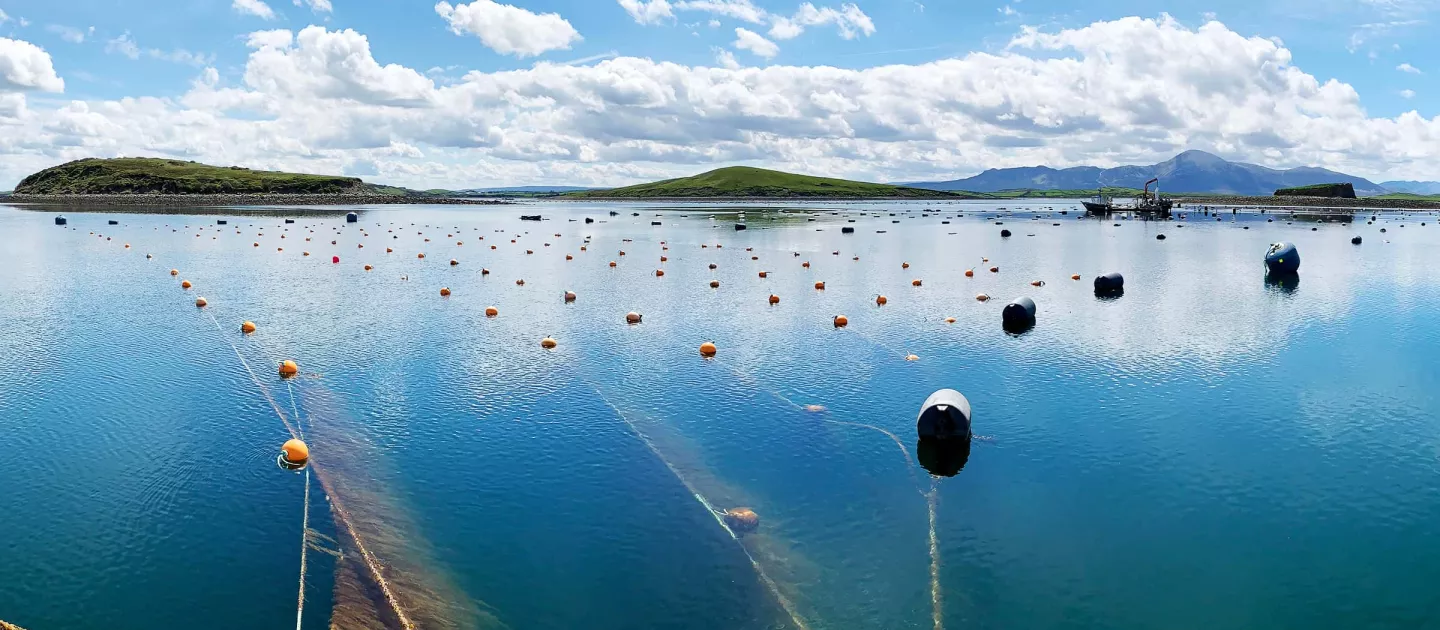SeaFEED is a cross boarder (NI-RoI) study that aims to develop an alternative Pig feed ingredient that can replace zinc oxide which has been banned in high doses in the EU from 2022. From 2022 onwards, the maximum permitted dose of dietary zinc is 150ppm. The use of higher levels of zinc oxide is no longer acceptable in Pig feed diets. The study will investigate the use of seaweed ingredients as an alternative to zinc oxide which was used as a therapeutic additive in piglet diets to combat diarrhoea and reduce animal disease.
The study received €1.2 million in funding under the Department of Agriculture, Food and the Marine programme (DAFM) and Department of Agriculture and Rural Affairs (DAERA) to address the effects of the recent EU ban on zinc oxide in piglet feed. In Ireland, the pig industry is the third largest livestock sector after beef and dairy.
This is a collaborative study between Atlantic Technological University Sligo (ATU) Queens University Belfast and University of Limerick, led by Dr Owen Kenny (ATU), Dr Pamela Walsh (QUB) and Prof Gavin Walker (UL). The study takes an interdisciplinary approach that looks at the entire value chain from harvesting and collecting seaweed biomass, to downstream processing of seaweed biomass and the green separation technologies used to produce seaweed feed ingredients with antimicrobial properties. It also investigates the overall environmental impact of using seaweeds in the animal feed industry and the green credentials of the drying and separation processes. It is hoped that this will lead to the development of a more sustainable and all-island circular economy.
